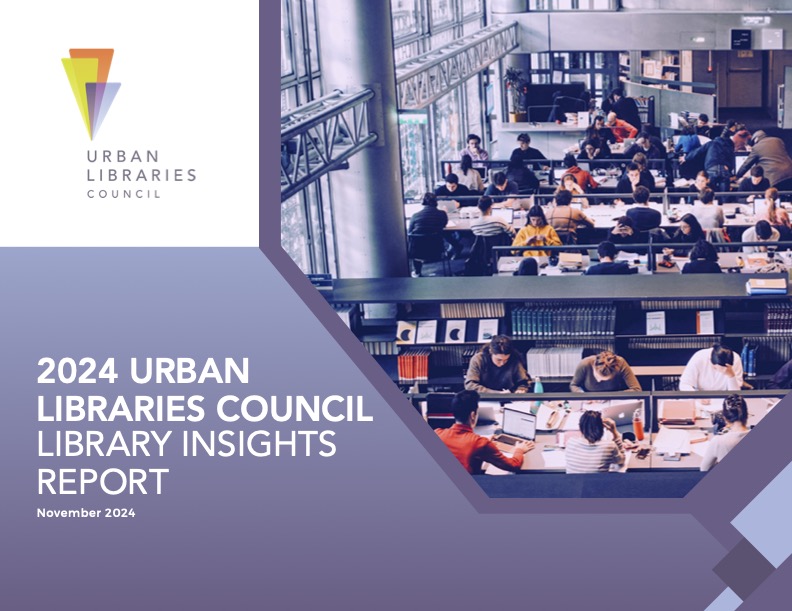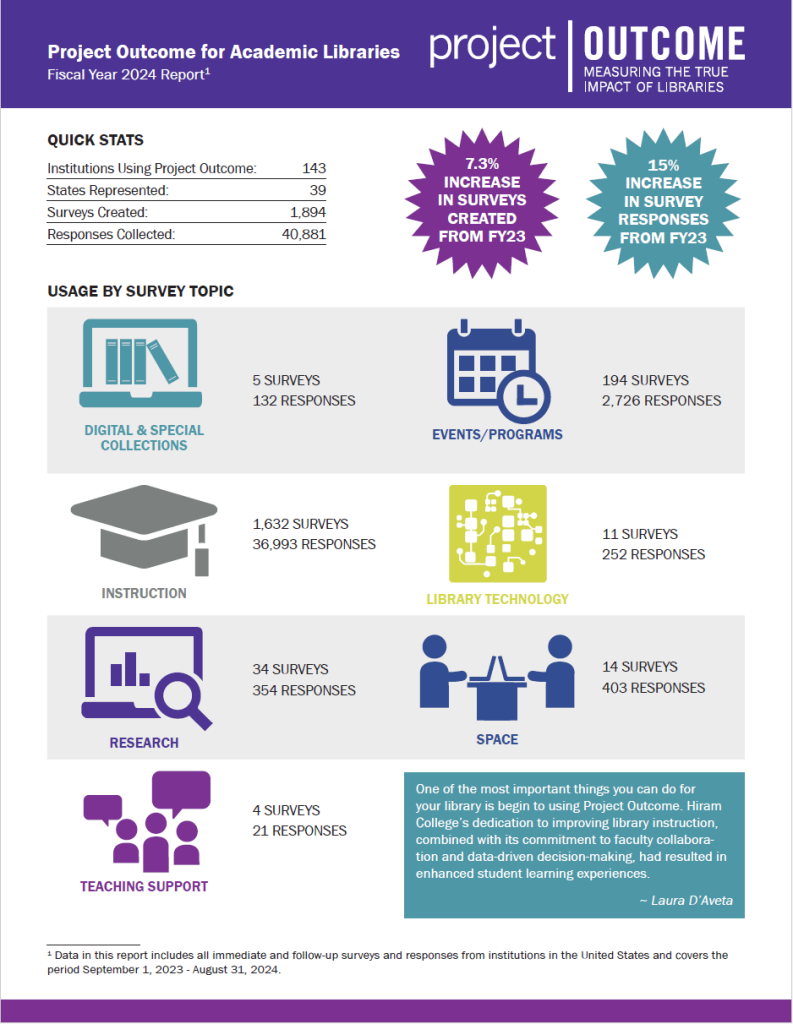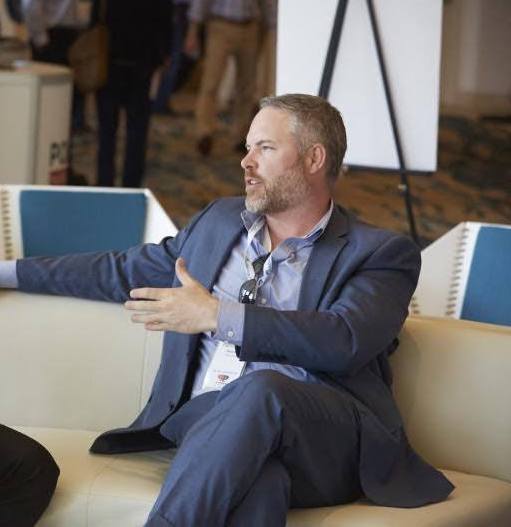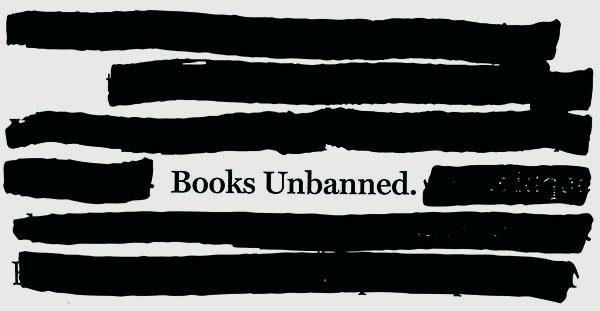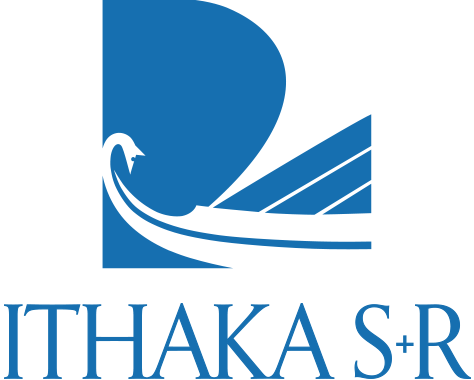Impacts
On November 19, the Urban Libraries Council (ULC) released a report presenting the results of its 2024 Library Insights Survey, which charts the successes and challenges North American public libraries have seen in service to their communities since the height of the COVID-19 pandemic. Takeaways included a steady increase in attendance since the lows of 2022, with some notable differences in how libraries are being used.
One painful part of living through the pandemic for me was the sense that Americans were failing one another. Recent catastrophic weather events have brought back that same sense of unease. When deadly Hurricanes Helene and Milton made landfall last month, conspiracy theorists suggested they were manufactured for political benefit. Federal relief efforts were stymied by online misinformation, and a man was arrested for threatening FEMA workers. America, we’re not okay.
As artificial intelligence becomes more embedded in work, creative pursuits, and the generation of online misinformation, public libraries have a major new role to play in digital literacy.
On October 24, the Association of College and Research Libraries announced the publication of its 2024 report for the Project Outcome for Academic Libraries (POAL) toolkit. Data in the report offers a snapshot of POAL’s use and impact in FY24, from September 1, 2023, to August 31 of this year. The report is available as a free download from the Project Outcome for Academic Libraries website.
For the past four years, EveryLibrary has been working to fight the book-banning movement. A large part of that fight is developing effective messaging against book bans, as well as conducting extensive message testing, surveys, and focus groups to understand the impact of messaging and determine which messages perform best.
Two and a half years after launch, Books Unbanned has continued to grow as a vital resource for people in schools and communities where book challenges otherwise put content out of reach.
The librarians interviewed for LJ's September 2024 feature on voter engagement and the upcoming election have published a variety of LibGuides, toolkits, and other content. Check out a variety of resources from the American Library Association, EveryLibrary, and more.
On July 16, Ithaka S+R released a new report, “Exploring Basic Needs Support Across Public and Community College Libraries,” as the first phase of its Maximizing Public-Academic Library Partnerships project. The report, authored by Senior Analyst Sindy Lopez, Analyst Sage Love, and Researcher Melissa Blankstein, surveys basic needs services promoted on public and community college library websites to see where that information differs, overlaps, and could potentially be expanded as partnerships.
The U.S. Federal Communications Commission (FCC) on July 18 voted to allow libraries and schools to use funding from the federal E-rate program to purchase Wi-Fi hotspots for lending. A component of FCC Chair Jessica Rosenworcel’s Learn Without Limits proposal—which was announced at the American Library Association’s (ALA) 2023 Annual Conference in Chicago—integration of hotspots into the program was aimed at responding to increasing connectivity needs and modernizing the E-rate program.
ALREADY A SUBSCRIBER? LOG IN
We are currently offering this content for free. Sign up now to activate your personal profile, where you can save articles for future viewing
